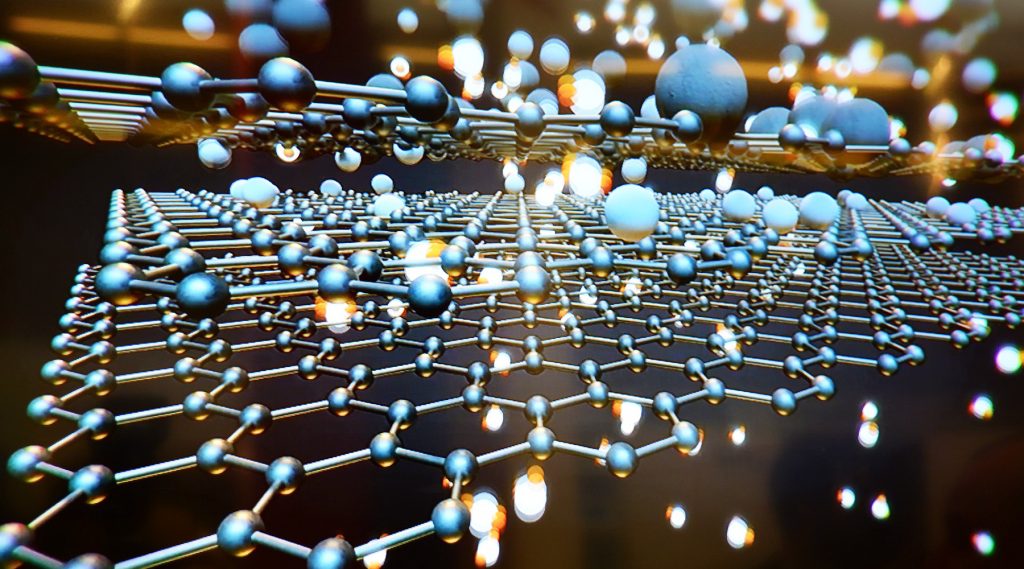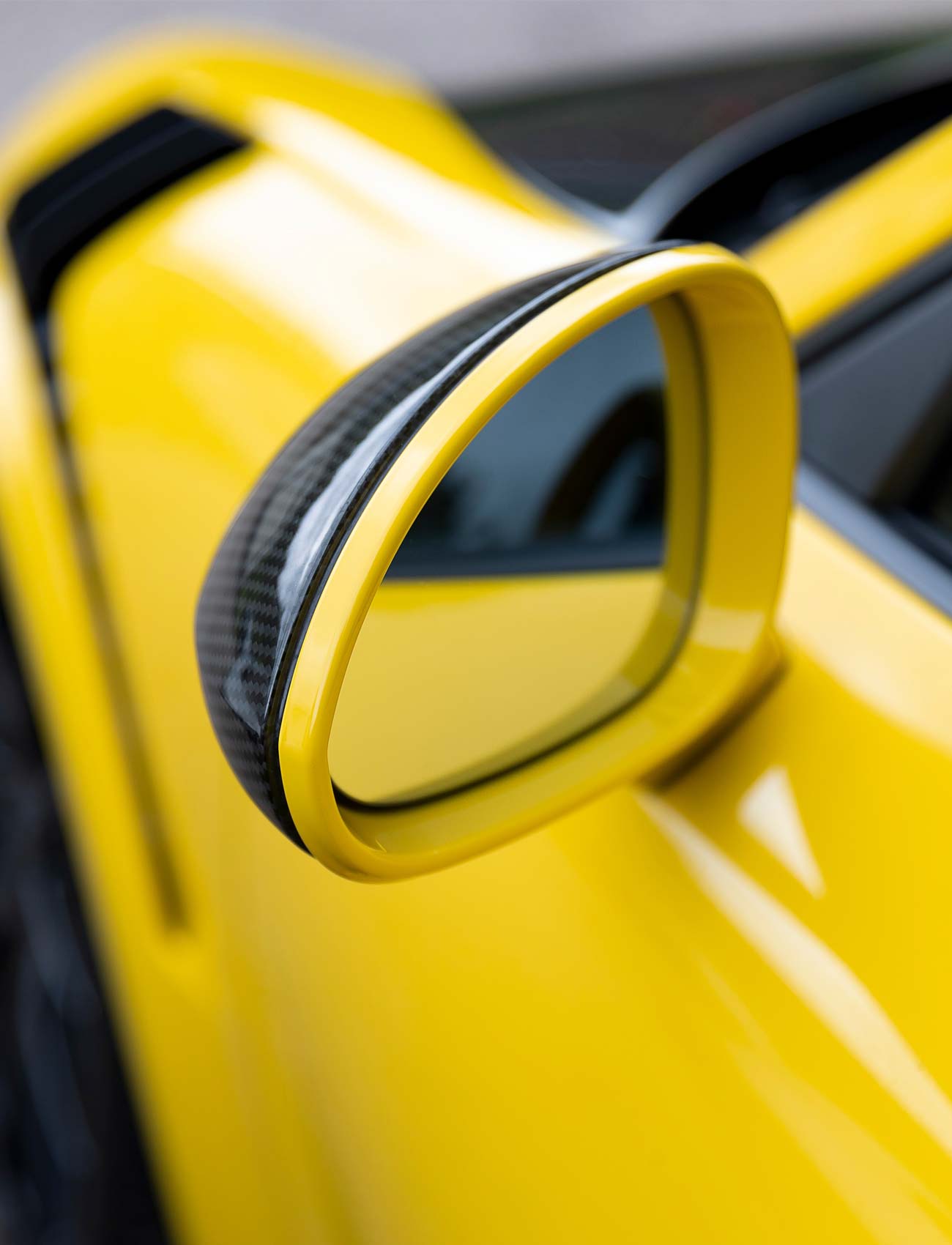Features
What is Nanotechnology?
Nanotechnology is the name given to all of the engineering and technology studies conducted at sizes ranging from 1 to 100 nanometers. In this area of study, research is conducted on extremely small scales that cannot be measured using conventional units of measurement. As a result, it has its own distinct unit of measurement, the nanometer, which is equivalent to one billionth of a meter. Nanoparticles are used to describe individual substances with dimensions between 1 and 100 nanometers, which cannot be seen with the naked eye and are also not visible under conventional microscopes.
Nanotechnology, in its most basic definition, means the processing of very small materials. The ratio of this small size is about one billionth of a meter. Since this technology is defined by a size, it is used in all conceivable fields.
Nano Covering and Their Advantages
The general application areas for nano coatings include mineral surfaces, glass surfaces, textiles, ceramics, and metal surfaces. Depending on the type of surface being coated, these coatings can provide additional benefits such as acid protection, water and stain repellency, antibacterial, anti-mildew, anti-fungal properties, and improved surface adhesion.
The term “nanocoating” refers to the coating that ranges from 1 to 100 nanometers. Nano coatings have several advantages over standard car coatings available in the market, including long-lasting permanence and the ability to not cause changes in the tactile sensations of the coated surface and the appearance of the car.
The duration of the coating process typically varies based on the wear and tear of the vehicle surface as well as environmental factors. Compared to other similar products on the market, nano coatings have a higher level of durability. If a vehicle is well protected from external factors, the coating thickness and hydrophobic properties of the vehicle will remain unchanged.
Nano Protection
Nano protection is typically applied to metallic and painted surfaces. It provides protection against damages such as acidic products, gum, and bird droppings on vehicle surfaces. Additionally, it offers water-repellent protection against substances that leave stains on surfaces such as wood, textiles, and minerals, including coffee, tea, mud, fruit juice, and wine.
It delays the effects of salt water contamination, lime formation, and staining that may occur on glass surfaces, while also providing quick and easy cleaning. It creates the same effect as a rainwater slider and provides UV protection for the surface. Additionally, it makes it difficult for formations such as lime, fungus, and mold to occur on the surface, making it easy to clean.
• Hydrophobia and Superhydrophobia
The term hydrophobia generally refers to surfaces that have low surface tension and cause water droplets to form an angle greater than 90 degrees with the surface. Such surfaces are known as hydrophobic surfaces and are characterized by features such as easy cleaning, dirt and water repellency.
Superhydrophobic surfaces are characterized by having an angle greater than 150 degrees between the surface and water droplets. This makes them even more effective in providing nano protection, with excellent water and stain repellent properties
• Stain Resistant Surfaces
The use of nanotechnology has introduced many innovations into our lives, and has been in high demand recently. Nanomaterials are precisely tailored to meet the needs of the industry, providing surfaces that are more resistant to stains and easier to clean
• Lotus Effect
Nowadays, the lotus effect is the foundation for the development of materials and coatings with excellent water repellent properties due to their surface structure. It is named after the lotus flower whose leaves have a similar structure.
• UV Protection
It provides superior protection against UV rays on nano-coated surfaces.
The production methods and solutions used to create nano coating products vary from each other.
Nano coating products provide effective UV protection for coated surfaces, protecting against harmful effects such as sun damage and fading caused by UV rays.
• Easy Cleaning
Contaminants such as dirt and hard water stains are much easier to clean from vehicle surfaces treated with nano coating, saving time and effort.

Contact Us







